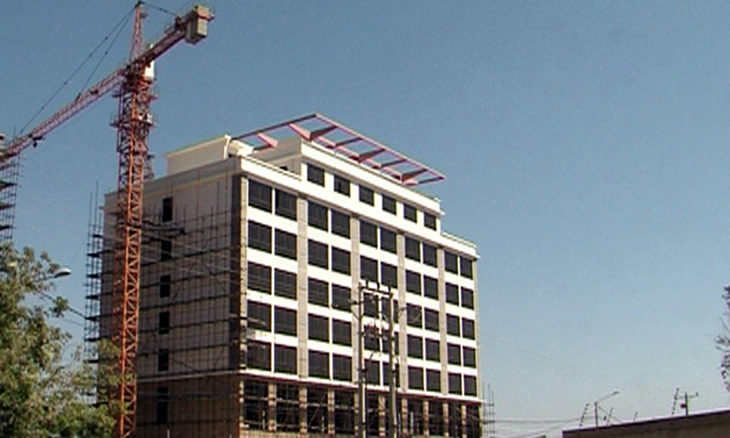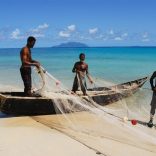Viettel Global records 22% Q1 revenue growth, including a 23% growth in Mozambique
Cabo Delgado is a land of opportunity, but also of challenges

Photo: O País
Besides a sea filled with gas, there are thorns among the roses of opportunity so much discussed when the subject is Cabo Delgado
That’s exactly it: the crisis has caused many companies to close their doors, others to lay off their staff. The hospitality and catering industries are on their knees, even the small chicken producers complain about the high production costs and the lack of a slaughterhouse to process broiler chickens for the Pemba supermarkets.
Let’s start with the big ones.
Fábio Spetrini left Italy and headed to Mozambique with STL Oil & Gas Services. For six years he has been providing logistics, customs, transportation and industrial maintenance services. The crisis for him is not part of the bigger problem, because the opportunities outweigh the challenges.
“We have a history of working with ENI for many years and in various parts of the world,” Spetrini says, as he prepares for the projects that are about to start. “We expect to be well aware of the environment and the companies that will be integrated into this major development project for area 1 and area 4”.
Spetrini is talking about expectations for the local opportunities seminar taking place today in Pemba, and proudly says that his shareholder structure has a Mozambican with 33 percent, not counting the more than 30 workers he employs.
A mechanical engineer born on Mozambique Island in Nampula who left the machines 20 years ago to serve customers in his restaurant a few metres from the crystal-clear waters of Pemba Bay, has had a different kind of luck. His name is Humberto Nazaré. “There has been a decrease, but there is a certain recovery trend and we expect to reach normal levels again soon.”
He strikes you as a humble man, with slow steps, accustomed to talking to people. It is in these conversations that we learned that deep down business is not going well, and it understandable why this is so: the seafood is more expensive because the Chinese buy it from the fishermen still at sea; the products, many of them used in the kitchen, are not locally produced, in addition to which our flag airline tickets for a round trip from Maputo to Pemba don’t cost less than 40,000 meticais. Put this all together and the result could not be otherwise than what it is: there are fewer and fewer tourists.
We meet young Francisco Sambo to the sound of the chickens in his ‘capoeira’ built of sticks, as he tries to take the first steps in the poultry industry. “My monthly production is two thousand chickens, and I can always sell that,” he says.
But, he complains: “Here in Cabo Delgado we do not have a slaughterhouse, so we can’t sell our chicken in the supermarkets. Even the plastic I use to prepare the chickens comes from Maputo.”
There is no factory producing chicken fed, whereas just next door in Niassa province, soy is being sold to Malawi and Tanzania at knock-down prices. There is also a lack of incubators for the production of chicks, so they buy them in Nampula, Manica or in Maputo.
In short, this is just a snapshot of a province that offers many opportunities amid the challenges and difficulties.
By Ricardo Machava













Leave a Reply
Be the First to Comment!
You must be logged in to post a comment.
You must be logged in to post a comment.